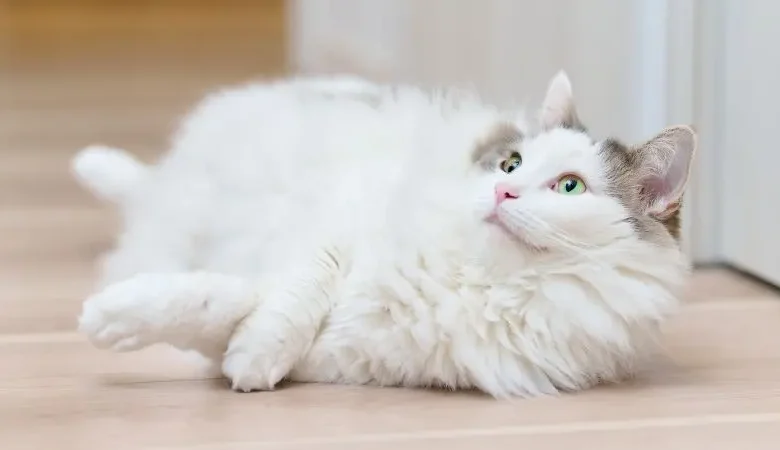Link between owning cats and Schizophrenia

Recent research conducted by Australian scientists suggests that owning a cat as a pet may double a person’s risk of developing schizophrenia-related disorders. The study analyzed 17 previous studies from the last four decades, conducted in 11 countries including the US and UK. The results showed an association between cat ownership and an increased likelihood of developing schizophrenia-related disorders.
The link between cat ownership and schizophrenia has been proposed as early as 1995, with exposure to the parasite Toxoplasma gondii suggested as a potential cause. However, previous research on the topic has produced mixed conclusions.
The link between owning cats and Schizophrenia

While some studies have found a connection between being around cats during childhood and an increased risk of developing schizophrenia, others have not. Similarly, some studies have linked cat exposure to higher scores on scales measuring traits related to schizophrenia and psychotic-like experiences, while others have not found a correlation.
To gain a clearer understanding, the researchers led by psychiatrist John McGrath from the Queensland Centre for Mental Health Research emphasize the need for a comprehensive review and analysis of all existing research in this area.

Toxoplasma gondii is a mostly harmless parasite that can be transmitted through undercooked meat or contaminated water. Infections can also occur through contact with infected cat bites or feces. Although around 40 million people in the US may be infected with the parasite, most do not experience symptoms. However, scientists have discovered that T. gondii can infiltrate the central nervous system and influence neurotransmitters, potentially leading to personality changes.
There are important things to keep in mind here, like the fact that 15 of the 17 studies were case-control studies. Research like this cannot prove the cause and effect, and it often does not look at things that might have affected both the exposure and the outcome.










